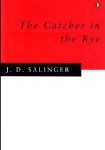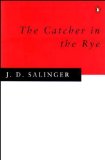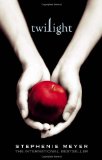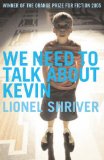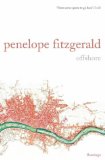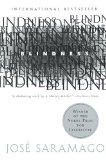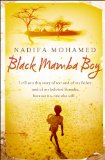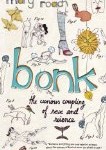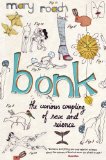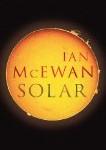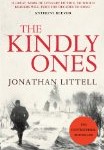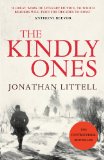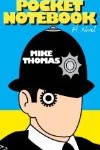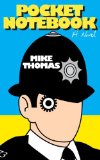I have heard lots of discussions recently about whether the race or gender of an author makes a book more appealing, but I feel both these factors are irrelevant. I have recently stumbled upon a more important factor: The Age of the Author.
I have discovered that I am far more likely to enjoy a book if the author is slightly older than me (I’m 31). If the author is younger than me then the book tends to lack depth and I find I have little to learn from reading it – I just don’t enjoy reading these simpler books.
If the author is significantly older than me then I struggle to connect with the themes in the book – older authors seem to produce more reflective and thoughtful works, lacking the complex plots and action I enjoy.
Connecting with authors who are of the same generation makes sense to me. In real life we tend to become friends with people who are of a similar age group as we have more in common with them. That doesn’t mean we don’t occasionally want to spend time with other generations, but that we share the majority of time with our own.
Catcher in the Rye was published when J.D. Salinger was just 32. It seems no coincidence that this book has huge appeal to teenagers, but fails to resonate with adults.
Stephanie Meyer was exactly the same age when Twilight was published. This book is also a teen phenomenon, but seems to have a corresponding fall in popularity as the age of the reader increases.
.
Audrey Niffenegger was 40 when The Time Traveller’s Wife was published and Lionel Shriver was 45 when We Need to Talk about Kevin shot to fame. I loved both of these books, but have heard many older people (and younger in the case of We Need to Talk About Kevin) saying that they didn’t enjoy them.
At the older end of the spectrum, Marilynne Robinson was 65 when Home was published. I tried really hard to read this book, but it just bored me. It won the Orange prize, so some people clearly love it. I wonder if I am simply not old enough to appreciate the slow, reflective pace of this book.
Offshore wins the prize for the dullest book I’ve ever read, but with an author aged 63 my lack of passion for it can now be understood. Perhaps it will become one of my favourites in 30 years time?
All these numbers seem to support an optimal author age 10 years greater than the reader.
So I propose the formula:
For maximum reading pleasure:
Reader Age + 10 years = Author Age on Publication (+/- 5 years)
I’ve included this table of books, so you can see if my calculation works for you:
These findings could have big implications for the judging panels of major book prizes. If reading taste changes so drastically over a life-time then I think it is important to have representatives of each generation on any panel. Following this theory only those under the age of 30 should be able to spot books that will appeal to teenagers and should be the only ones allowed to judge YA book prizes.
If the big literary prizes, such as the Booker and Orange, want to appeal to a larger audience then they simply need to include a full spectrum of age ranges on their judging panels.
There are of course exceptions to every rule. Saramago was 73 when Blindness was first published in Portugal. I put this down to his genius, one rarely matched whatever the age of the author. Or perhaps he is just young at heart?
What do you think of my theory?
Highly flawed?
….or do authors slightly older than you have a special ability to connect with you?
Has your reading taste evolved with age?
Do you now love books that you once hated?
Should we all start checking the age of the author before deciding to read a book?
I’d love to know your thoughts!!
